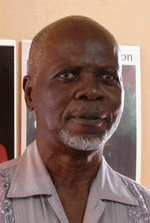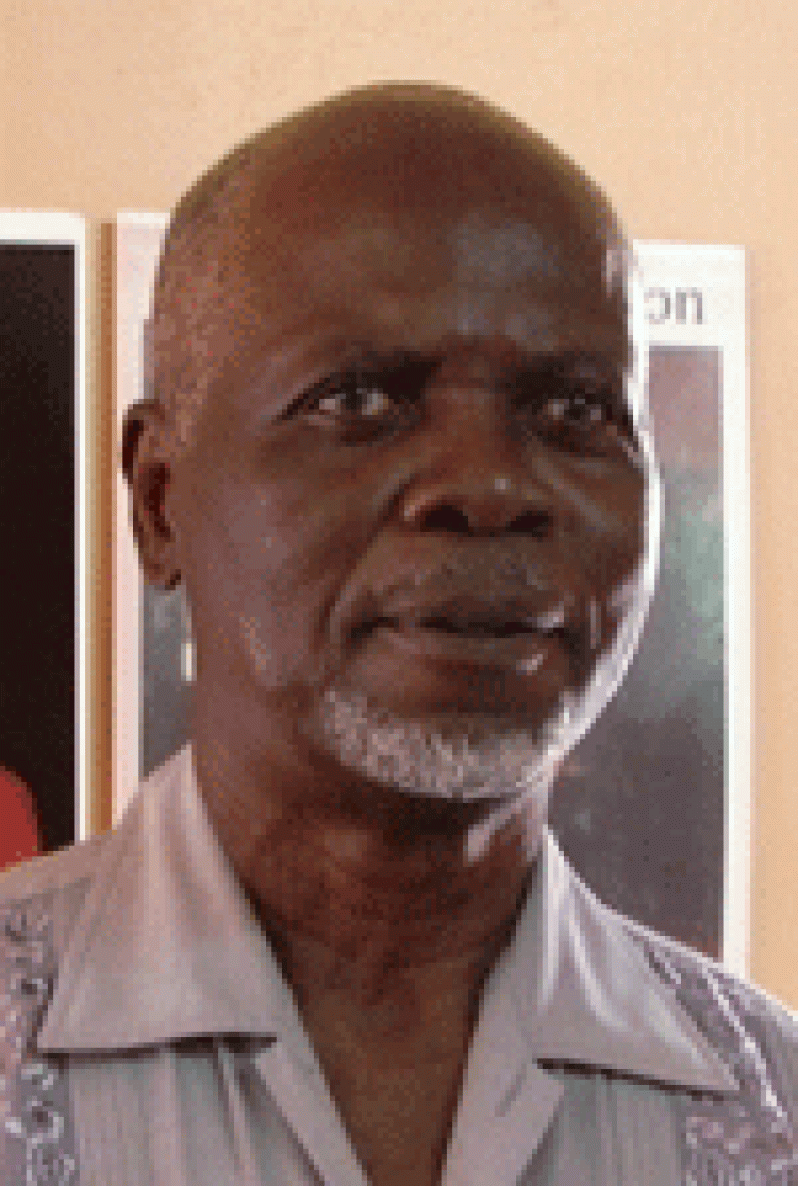–Clinton Collymore
By Whitney Persaud
THIS was expressed by Mr. Clinton Collymore, Ministerial Adviser to Minister of Local Government and Regional Development, whilst delivering the feature address at a training workshop for Neighbourhood Democratic Councillors in Region 4 at the Guyana International Convention Centre, Lilendaal yesterday.  The Fiscal Transfer Bill, the Local Government Commission Act, and the Electoral Act are on lockdown (held in abeyance) by the Opposition in the Select Committee; and unless they are released, there will be no local government elections.
The Fiscal Transfer Bill, the Local Government Commission Act, and the Electoral Act are on lockdown (held in abeyance) by the Opposition in the Select Committee; and unless they are released, there will be no local government elections.
This situation was explained by Mr. Clinton Collymore, who said that the three constitutionally-mandated pieces of legislation are guided by strict legal rules and regulations.
“Unless these things are in place, there’s going to be no local government elections; because, if we only go forward and certain things are lacking, somebody will file the matter in the High Court to say these things are unconstitutional because the constitutional powers or mandates have not been met.” Collymore explained.
According to Collymore, the Neighbourhood, Municipal, and Regional councils are the three basic stages of local government functioning at present.
He said that, very soon, when the Local Government Reform legislation is in place, there will be village councils and community councils added to arms of local government.
However, the village councils and community councils will be realized immediately, although there are several steps that must be taken lawfully before this is done.
“Let us assume that this year the government is allowed, and I use this word guardedly, to proceed with local government elections… You will not have village or community councils, these two areas were agreed to be deferred until after the first local government elections held under the constitutional mandate,” he highlighted.
Collymore informed that the reform process has certain parameters, the first of which is establishing a commission. He reminded that this is as a result of the joint task force on Local Government Reform which was set up by former President Dr. Bharrat Jagdeo and the Opposition Leader Mr. Desmond Hoyte.
“That task force went into operation (in) 2001 and delivered in 2009 after a long gestation period. They decided that certain things have to be done, and these things are mandated by the constitution.”
He said that, in the year 2000, there was a constitution reform commission set up by the Opposition leader together with the then President, and they agreed on certain things to be done. Consequently, if those things aren’t done, there can be no local government elections.
He notified that the first thing is establishing a commission which is to function just like the Public Service Commission, but will be dealing with local government matters.
He said the constitution says the commission should have some general powers, but all administrative authority should remain with the minster.
He quoted Article 78 A: “Parliament shall establish a Local Government Commission, the composition and rules of which (empower) the commission to deal with all matters relating to the regulation and staffing of the local government organs, and the dispute resolution within and between local government (bodies)”.
This will see the Local Government Commission dealing with, and resolving, issues that the Regional Democratic Councils (RDCs), the National Democratic Councils (NDCs) and other local gov’t entities would normally address.
He pointed out that the statutory responsibilities of the minister will remain, because “there are certain things which only the minster can do, and a commission can’t do”.
The commission will resolve the feuds. “The ones which you go to the RDC with or the ministry with, you will go to the commission. Staffing: You heard the PS talking about that; that, too, will come under the commission.”
However, he said the country’s constitution was in a sad state. He described it as “a big tug-o-war “over the commission, as it relates to leadership.”
“In Guyana, you know what it is. There are no independent people, you either a PPP or a PNC, and now you are an APNU. From the time you come out of school, you are a politician. So there’s a big struggle over the constitution, and this is one of the reasons why the commission and two other legislation is on lock down,” he lamented.
Collymore called the three pieces of legislation “prisoners of the Select Committee in the National Assembly, given that there is a “one vote less and one vote more” system in operation between the Opposition and the People’s Progressive Party /Civic government.
He said it’s now a bone of contention between the parties in power, since it’s hard to decide who will be heading the commission.
“Until the Opposition decides to remove them from the Select Committee, no local government elections… And you know what this is all about? The commissioners! We planned collectively to have six commissioners, and how the six are distributed, it’s a bone of contention between the parties…PNC doesn’t want the PPP to control the commission and vice versa; and so that is where we are.”
Meanwhile, Collymore said that when the Peoples Progressive Party was ready to have Local Government Elections in 2010, the proximity of the general elections in 2011 overturned this move, since the Guyana Elections Commission was not in any position to run with two elections at the same time.
“It’s traditional and customary for the minor elections to stand down (and let) the superior elections go forward, so this is the reason why we didn’t have the local government elections when we were expected to, in 2010,” he explained.
He said that while people have been calling for local government elections, the government is not in any position to go ahead and run with it.
“We want it too, but at the moment we don’t have any power to deal with that. They are locked away in the Select Committee,” Collymore said.
Collymore emphasized that the one-vote majority is the prison warder for the Select Committee, and “we are not the prison guards… so when you hear people say they want local government elections, tell them to talk to Mr Granger and company and tell them speed up the process.”
“We are ready when they are ready,” he maintained. “We did the bill and we were in agreement 99% where the task force is concerned. Only the Commission Bill, which they had a problem with, and that has been passed.”
He explained that the Select Committee is at a stage of the parliamentary committee where a bill is sent to a set of officials to fine tune, iron out all the difficulties and disputes, and send it back to the Parliament to approve, after which it goes to the President to be signed.



.jpg)








